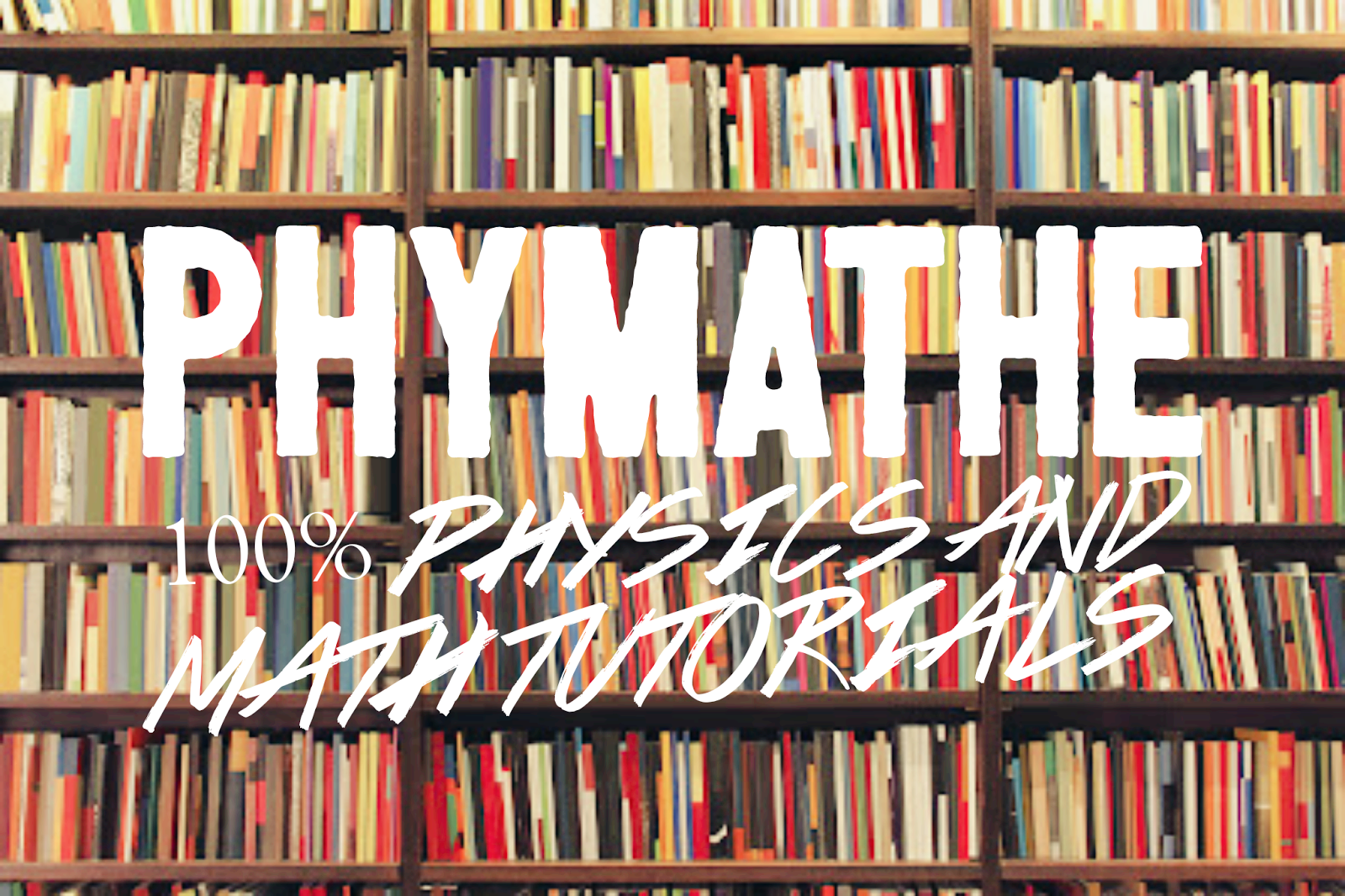Hello guys, we would be starting our Physics tutorials by taking a look at physics as a science and it's backgrounds.
SCIENCE
Science is seen as a body of knowledge, proven fact and absolute truth which can be ascertain through specific proof/procedure embedded in the scientific method.
PHYSICS
Physics being the most fundamental science is concerned with the basic principles of the universe. Physics enables us to answer questions about cause and effect relationship between physical events.
WHO'S A PHYSICIST?
A physicist is a person who wants to understand nature for the satisfaction of knowing. They are always developing theories to describe the physical world. Do not confuse a Physicist with a Physician
A physician is a medical practitioner.
SOME AREAS OF PHYSICS
1. Mechanics; This is concerned with the effect of forces on material objects.
2. Thermodynamics/heat; Deals with heat, temperature and the behaviour of large number of particles.
3. Light/optics; Deals with light, waves and wave optic.
4. Sound/acoustic; Deals with sound and sound waves.
5. Electromagnetic; combines electricity and magnetism and deals with charges, current and magnetic field.
6. Astronomy; Deals with far off physical bodies.
7. Waves and vibrations; Deals with oscillation and vibrations.
8. Nuclear Physics; Deals with nuclear particle, nuclear fusion etc.
9. Electronics; Deals with analogue and digital electronics.
10. Quantum Mechanics; Deals with behaviours of particles at a sub base microscopic level and macroeconomic level.
CAREER OPPORTUNITIES IN PHYSICS
1. Education (teacher, lecturer).
2. Communication/telecommunication (radio, radial, satellite, fibre optic).
3. Alternate energy (wind, solar, iso-thermal, geo-thermal).
4. Computing ( robotics, system design, micro processor control, computer aided design).
5. Engineering sector (electrical, mechanical aeronautical etc engineering).
6. Geo-physics ( oil prospecting, minerals, pathology, etymology).
7. Environmental science (pollution control, radiation protection, conservation).
8. Material science ( metallurgy, development of new materials).
9. Medical physics (health science instrumentation, radiaology)
10. Meterology (weather forecasting, oceanography, marine industry).
11. Industries (aerospace, chemical, petroleum, food etc).
12. Civil service/defense ( research, potency standardization). etc.
NOTABLE PHYSICISTS
1. Sir Isaac Newton.
2. Nikola Tesla.
3. Marie Curie.
4. Tycho Brahe.
5. Galileo Galilei
6. Joahnes Keeper. etc.
Saturday 13 May 2017
PHYSICS AS A SCIENCE
Thursday 11 May 2017
WELCOME TO PHYMATHE
Hello there, 😊 you're welcome to PhyMathe. This would be a blog where I would be posting tutorials on basic high-school Physics and Mathematics topics (There might also be a little of Chemistry).
The purpose for creating this blog is to aid those finding calculation in science related subjects difficult. I would be writing the tutorials in a way where they would be self-explanatory to anyone who tries to read through it.
Before then, I need to point out these;
¬ Circumstances such as battery, megabytes, and other unforseen factors will greatly influence this blog.
¬ My strength is in computational Physics and Mathematics (calculation) while + am above average in theoretical physics.
That is it for now. Tutorials are a starting today. I'd be posting one tutorial daily.
PHYSICS AS A SCIENCE
Hello guys, we would be starting our Physics tutorials by taking a look at physics as a science and it's backgrounds. SCIENCE Science...




